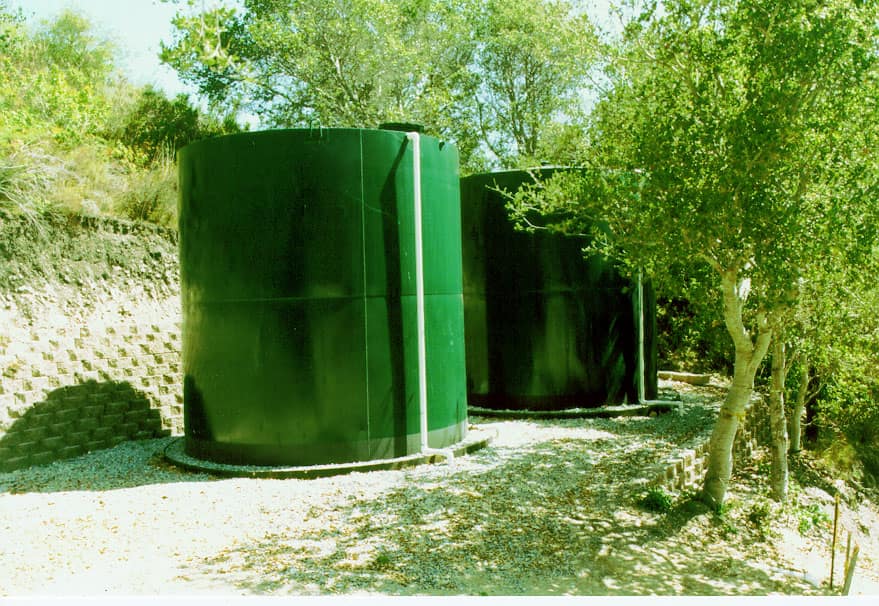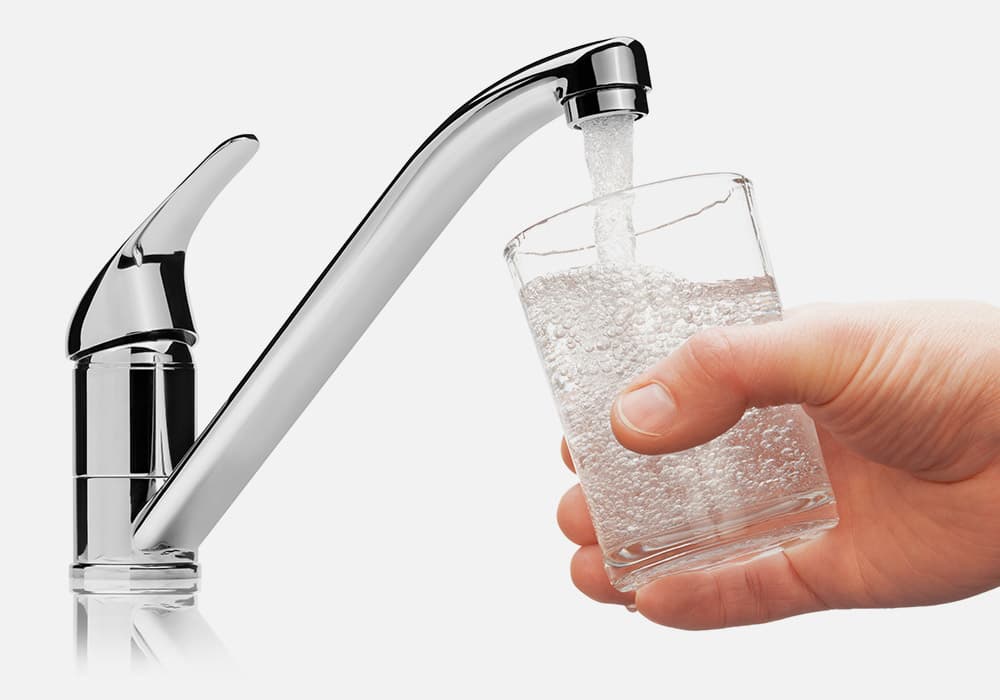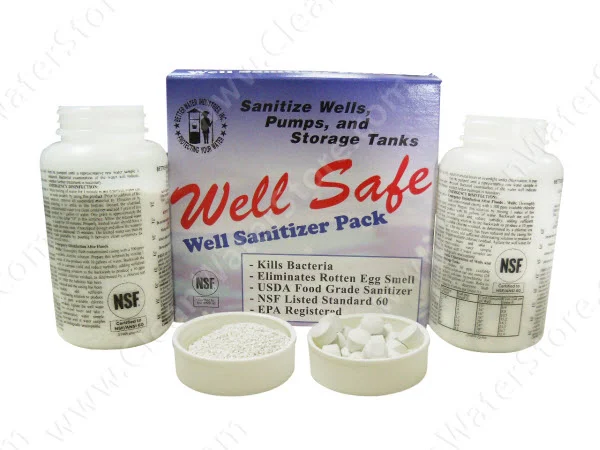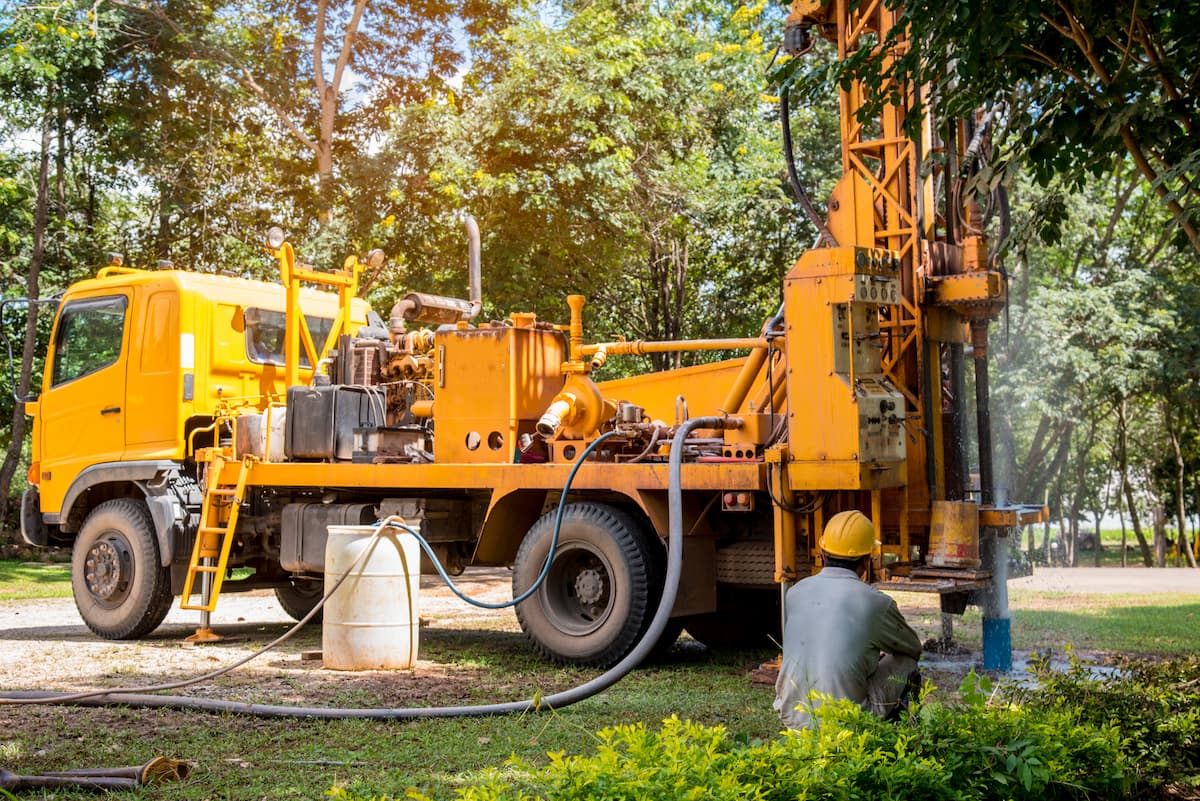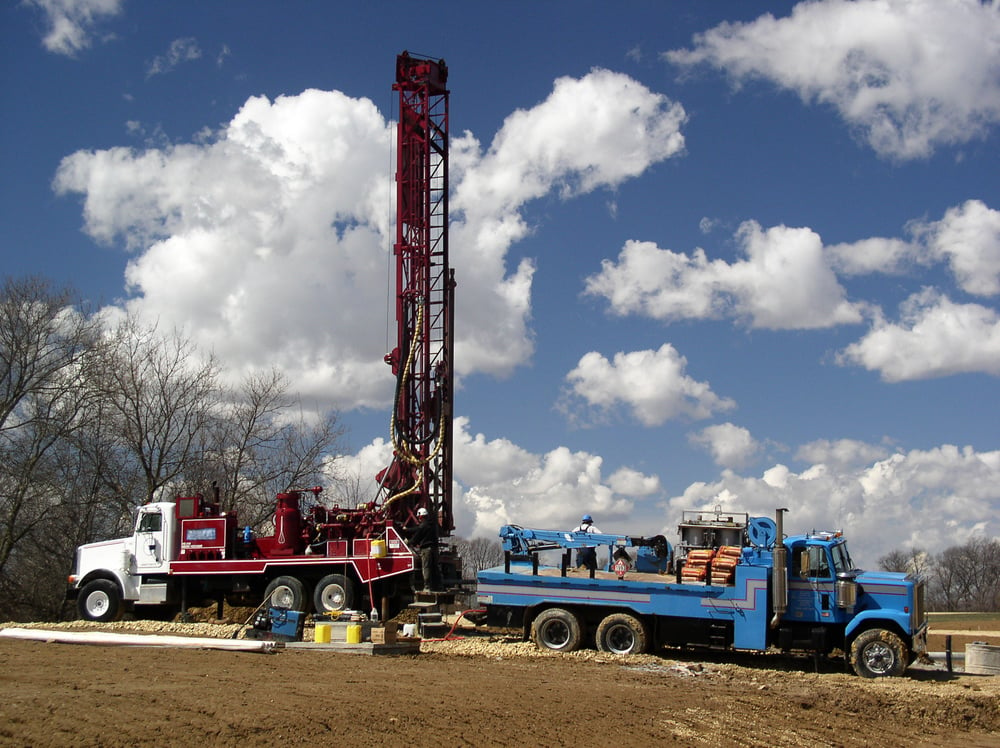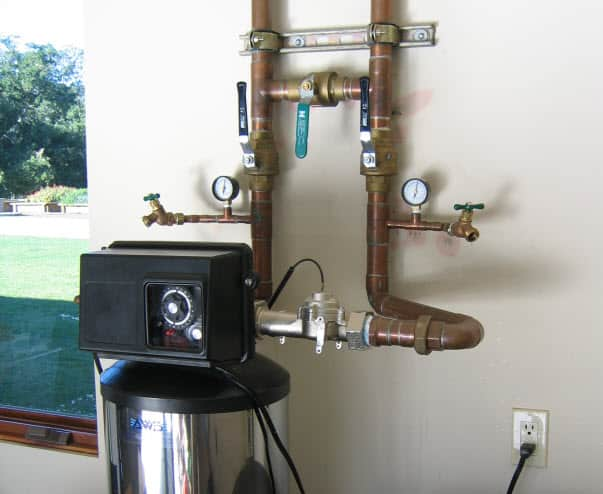When To Use a Spindown Filter for Well Water
When to Use a Spin-Down Filter for Well Water
If your cartridge filter clogs too quickly, it's time to consider a spin-down filter. These filters are key in whole-house systems and are ideal for removing sand, grit, and other large particles that cartridge filters can’t handle.
Backwashing filters, such as iron filters or calcite neutralizers, are effective in removing sediment, but they cannot remove heavy sand or grit, which can damage control valves or fill up filter tanks.
Benefits of Spin-Down Filters
- No cartridges to replace
- Easy to flush out accumulated sediment
- Option to add an auto-flush valve
- Protects softener and iron filter valves from sand and debris
Choosing the Right Filter Size
- For most homes: use a ¾” or 1” Spin-Down or Sediment Trapper filter
- For heavy sediment, choose the Sediment Trapper model
- For irrigation or high-flow systems (>25 GPM): use 1.5” or 2” filters
- Always match the filter size to your system’s flow rate (GPM) for optimal performance
Choosing the Right Mesh Size
- Mesh size = number of holes per inch
- Lower mesh numbers = coarser filtration
- Higher mesh numbers = finer filtration
- Choose the coarsest mesh that still captures your sediment type to extend filter life and reduce maintenance.
Example Setup:
For a well with both grit and fine sediment, use a 60-mesh spin-down filter first to catch larger particles. Follow it with a 25/1-micron dual-grade cartridge filter to catch the finer sediment before it reaches your softener. This setup prevents clogging and keeps your system running efficiently.
What is a Spin-Down Sediment Filter?
A spin-down sediment filter is specifically designed to capture large particulates such as sand, rust chunks, and other debris that can originate from a decomposing well. It uses centrifugal force to push dirt and debris to the outer edges of the clear filter housing, which is typically made of durable plastic or PVC. This clear housing allows for easy visual inspection of the trapped sediment, making it simple to determine when the filter needs to be flushed.
Spin-down filters are particularly effective at removing large particles from water before they enter other treatment systems and equipment, ensuring that your home water filtration system operates efficiently and effectively.
Benefits of Using a Spin-Down Filter for Water Pressure
Using a sediment water filter like a spin-down filter offers several significant benefits for your home water filtration system. Firstly, it protects your plumbing from sediment, rust, dirt, sand, and other large particles, ensuring that clean water flows throughout your house. The design of spin-down filters allows them to be flushable and reusable, which reduces the need for frequently replacing filters and lowers maintenance costs.
Additionally, by capturing large particles, spin-down filters reduce the workload on subsequent finer filters, thereby extending their service life and improving overall filtration efficiency. This makes spin-down filters a cost-effective and practical solution for maintaining high water quality in your home.
Why Use a Spin Down Filter for Well Water?
Using a spin-down filter for well water effectively removes sediment, dirt, and other contaminants from your water supply. These filters are designed to capture large particles and debris, protecting your plumbing, appliances, and water treatment systems from damage.
By installing a spin-down filter, you can ensure clean and safe drinking water for your family while also extending the life of your well and water treatment equipment. The ability to trap large particles before they reach your home water filtration system means less wear and tear on your entire setup, leading to fewer repairs and replacements over time.
Choosing the Right Spin Down Filter
Several factors must be considered when selecting a spin-down filter for your well water. First, determine the size of the filter you need based on your plumbing size and water flow rate. A filter that matches your system’s specifications will ensure optimal performance and efficiency.
Next, choose a filter with the right mesh size for your specific needs. A finer mesh will capture smaller particles but may require more frequent cleaning. Consider a filter with a reusable and flushable design to make maintenance easier.
Finally, look for a filter made from durable materials, such as stainless steel and lead-free brass, to ensure long-lasting performance. These materials resist corrosion and wear, providing reliable filtration for years to come.
Choosing the Right Micron Size for Your Spin-Down Filter and Finer Filters
Selecting the appropriate micron size for your sediment filters is crucial for effective filtration. The micron size determines the size of particles the filter can capture. A smaller micron size will trap finer particles but may clog more quickly, requiring more frequent maintenance.
Conversely, a larger micron size will capture larger particles but may allow smaller particles to pass through. Finding a balance that suits your specific water quality needs is essential. A 100-micron filter is a good starting point for most well water systems. However, you may need to adjust the micron size based on the type and amount of debris in your water to ensure optimal performance and maintenance balance.
Easy Installation and Maintenance of a Spin-Down Filter
Installing a spin-down filter is straightforward and can be easily integrated into your existing plumbing. To maintain its durability and performance, ensure the filter is installed in a dry, level area away from direct sunlight and freezing temperatures. For well systems, the filter should be installed after the pressure tank, and for other setups, it should be placed before the whole-house filtration system.
Regular maintenance is key to keeping your spin-down filter running smoothly. This includes periodically flushing the filter to remove accumulated debris and cleaning the filter screen as needed. It’s also important to monitor the water pressure and flow rate to ensure the filter is not causing any restrictions.
Comparison to Other Filtration Systems
Spin-down filters are often compared to other filtration systems, such as sediment traps and cartridge filters. While sediment traps can hold more sediment, spin-down filters are designed to capture large particles and debris, making them a better choice for well water with high levels of sediment.
Cartridge filters, on the other hand, may require more frequent replacement and can be more expensive in the long run. Spin-down filters offer a cost-effective and efficient solution for well water filtration. They reduce the need for frequently replacing filters and lower maintenance costs, making them a practical choice for homeowners looking to maintain high water quality.
Key Features to Consider
When shopping for a spin-down filter, several key features must be considered. Look for a durable and corrosion-resistant filter, such as a stainless steel mesh and lead-free brass machine head. A transparent housing allows for easy filter status monitoring, while a built-in housing scraper makes cleaning and maintenance easier.
Consider a filter with a high flow rate and a large capacity to ensure efficient water filtration. Finally, look for a filter with an easy installation process and a purge valve for easy maintenance. These features will ensure that your spin-down filter provides reliable and effective sediment filtration, protecting your home water filtration system and ensuring clean water for your household.
For more information on removing sediment from your water, visit our Sediments page on our Water Problems tab.
If you still have questions, don’t hesitate to e-mail us at support@cleanwaterstore.com, leave us a message on Facebook.



